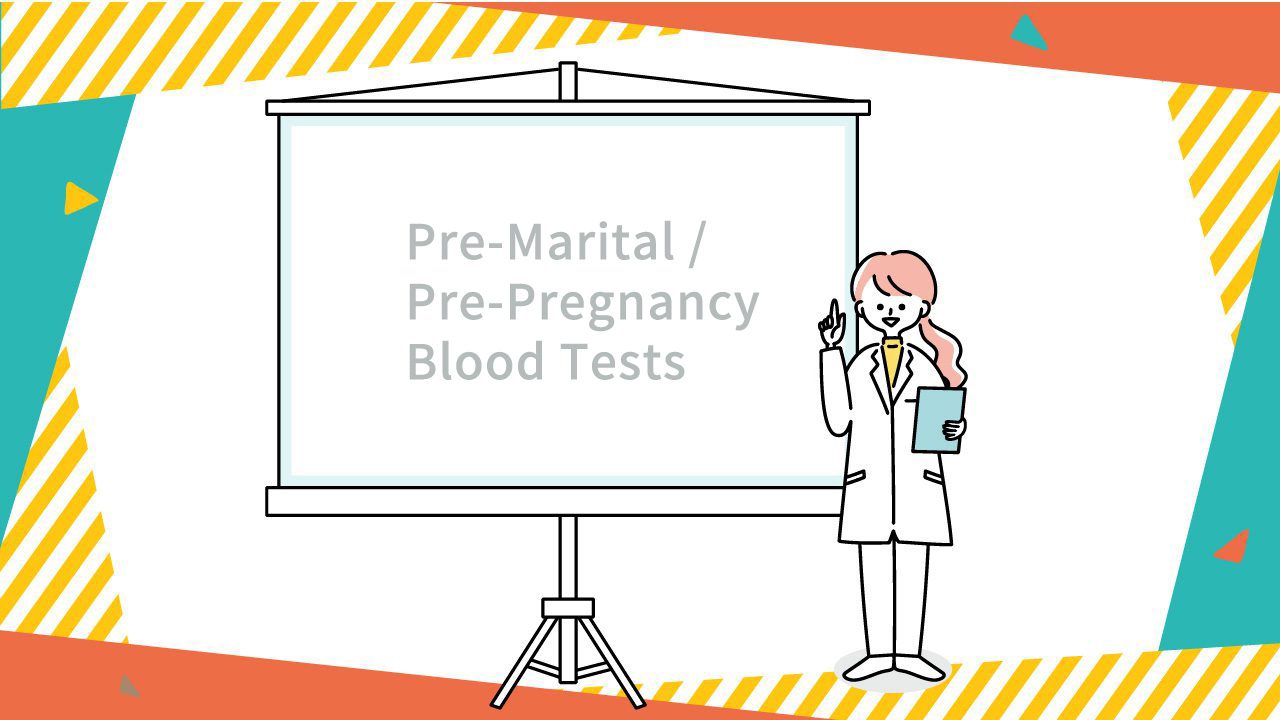What is Hepatitis B?
Hepatitis B is a viral infection of the liver which causes damage to the liver cells and impairs liver function.
Acute Hepatitis B
Acute Hepatitis B infection refers to a short-term infection. Symptoms include loss of appetite, feeling sick, nausea, tiredness, general aches and pains, yellowing of the skin and eyes (jaundice) and tea-coloured urine. Occasionally, a severe hepatitis can cause coma and death. It takes between 6 weeks to 6 months for any symptoms to develop after exposure to the virus, and some people may not have any symptoms at all. Most people, especially adults, are able to get rid of the virus without treatment and will become immune. Those who cannot clear the virus will become Hepatitis B carriers or suffer from chronic Hepatitis B infection. About 5% of infected adults become lifelong carriers as compared to 90% of infected infants.
Chronic Hepatitis B / Hepatitis B Carrier
Chronic Hepatitis B refers to a lifelong infection with the Hepatitis B virus. It is estimated that about 8% of the Hong Kong population are Hepatitis B carriers. People with chronic Hepatitis B can still pass the virus on to other people, even if the virus is not causing any symptoms. Around 20% of people with chronic Hepatitis B will go on to develop scarring of the liver (cirrhosis), which can take 10 to 20 years to develop, and around 1 in 10 people with cirrhosis will develop liver cancer.
How is Hepatitis B spread?
Hepatitis B can be spread through blood and body fluids such as semen and vaginal fluids, so it can be caught during unprotected sex, blood exposure through blood transfusion, through needle prick injuries or by sharing contaminated needles, acupuncture, tattooing or body piercing equipment. A Hepatitis B carrier mother can also pass on the Hepatitis B infection to her newborn baby during birth.
How is Hepatitis B treated?
There is currently no specific treatment for acute Hepatitis B, other than using painkillers to relief symptoms. Some people may need to be hospitalized.
Chronic Hepatitis B carriers should be evaluated for liver problems and monitored on a regular basis by a specialist in Gastroenterology and Hepatology. Treatment for chronic Hepatitis B depends on how badly the liver is affected. It can be treated using medications to slow down the production of the virus and prevent damage to the liver.
Can Hepatitis B be prevented?
Avoid direct contact with the blood or body fluids of a Hepatitis B patient or carrier. This includes avoid casual sexual contacts and use condom correctly. Preventive measures should be followed strictly if contact cannot be avoided during the course of work.
For newborns of Hepatitis B carrier mothers, immunoglobulin injections will be given after birth to prevent the risk of passing the virus to the newborn during the process of delivery. The baby should also receive a standard dose of Hepatitis B vaccine.
The most effective way to prevent Hepatitis B is through vaccination. Around 95% people can develop long-term immunity to Hepatitis B after completing three doses of vaccine over a period of 6 months. People who do not possess either Hepatitis B antigen and antibody may consider getting the Hepatitis B vaccination.






